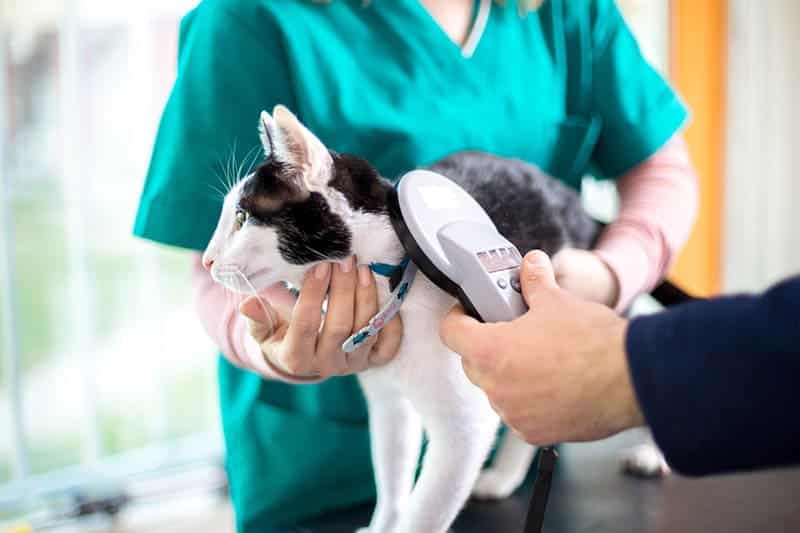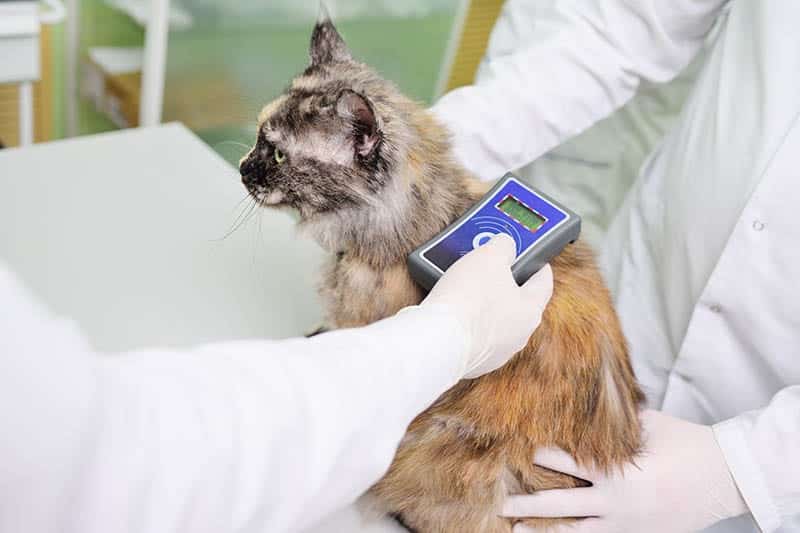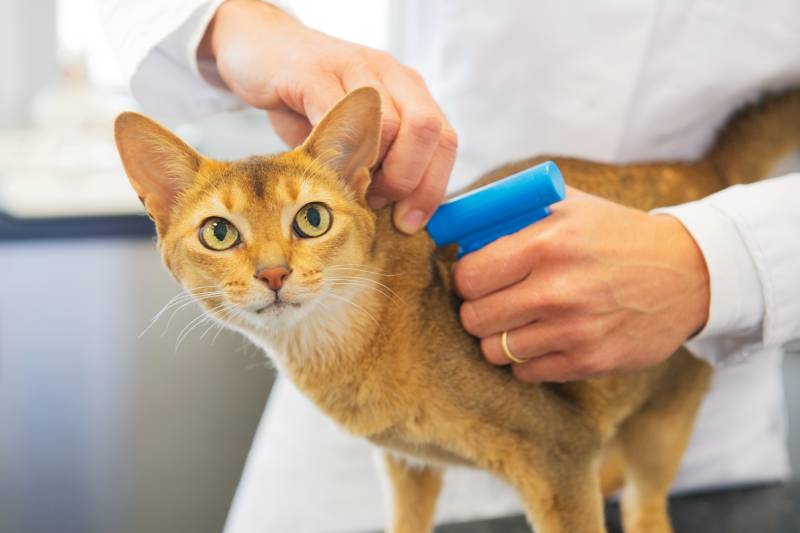One in three pets go missing in their lifetime. Over 10 million pets go missing every year. Sadly, many are not reunited with their guardians. In addition to the heartache caused by a lost pet, it can cost hundreds of dollars even when a pet is found. This is why an ounce of prevention is worth a pound of cure.
Is a microchip enough?
GPS trackers let you locate your pet on demand and monitor and record his activity on a smartphone or computer via an app. Some believe that a GPS tracker is overkill when their pet already has a microchip, but this is a misperception based on not fully understanding how these two technologies differ. To ensure a pet’s safety, it’s important to know the risks and benefits of the technologies available so that an informed decision can be made based on what’s best for the guardian and his or her pet.
Benefits and limitations of microchips
Microchips are convenient because they are as small as a grain of rice and have no power requirements and therefore can be inserted into the animal’s scruff without issue. However, the convenience of a microchip often falls short the day a pet goes missing. The major flaw with the microchip is its reliance on the animal being found.
The device uses RFID technology (Radio-Frequency Identification) and needs to be scanned in order to extract the unique microchip number. This unique number then needs to be registered along with current contact information. Unfortunately, it is quite common that registration is not completed or the information is out of date, which often results in the animal not being reunited with its family. This means that a microchip is useless unless the pet is found and taken to a location that can scan the chip.
Microchips don’t help locate a pet, they only help identify it –and this important distinction has meant the permanent loss of many an animal. Microchipping is essential, but it is only one tool.

Benefits and limitations of GPS units
GPS (Global Positioning System) units cover three main categories, all of which differ slightly and therefore have their own benefits as well as limitations. The first category of GPS units is the GPS recorder. Recorders are small, lightweight units that offer post activity map based tracking, which means you have to wait for the animal and unit to return before being able to upload its data and see where the animal has been. While they can be fun by giving the owner the ability to see what his or her pet gets up to during the day, as well as beneficial by letting the owner monitor a pet’s health habits, the GPS recorder cannot locate a pet in real time. In this repect, it is no better than a microchip when a pet isn’t found.
The second category of GPS is the Real-Time Near Field GPS unit, which is another small, lightweight unit that offers global positioning by transmitting a location signal to a mobile device through Bluetooth or Wi-Fi. Real-Time Near Field GPS units are definitely a step up from microchips and recorders because they allow the owner to take a proactive approach to finding a missing pet by offering range positioning and perimeter alerts. However, distance is a limitation. These units cannot broadcast a real-time location unless in range of a Bluetooth or Wi-Fi device. What this means is that the unit has to come within about 30 meters, or 100 feet, of a mobile device to be able to recognise the unit and broadcast the pet’s location. If the animal is out of range or if buildings interrupt the signal, the animal cannot be located.

Real-Time Global GPS
The most comprehensive option within the categories of GPS units is the Real-Time Global GPS unit. These units offer global positioning and unlimited range. Due to an internal SIM card, they are able to broadcast their own location, allowing the user to find their pet anywhere at anytime. These units offer the most reliable way to recover a lost pet, however, they are also larger and heavier than the other technologies. That said, there have been some breakthroughs in unit size. The smallest Real-Time Global GPS unit, Pod, is about the same size as a wine cork.
Ultimately, a combination of Microchipping and comprehensive GPS location technology is your best bet. And don’t wait for the day when the chip can have GPS location ability – that day is likely a long way off because of battery and antenna issues that make an external GPS unit essential.
Featured Image Credit: Ivonne Wierink, Shutterstock










